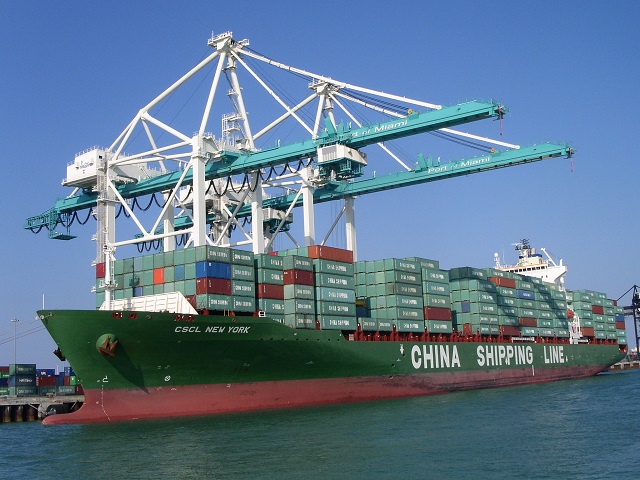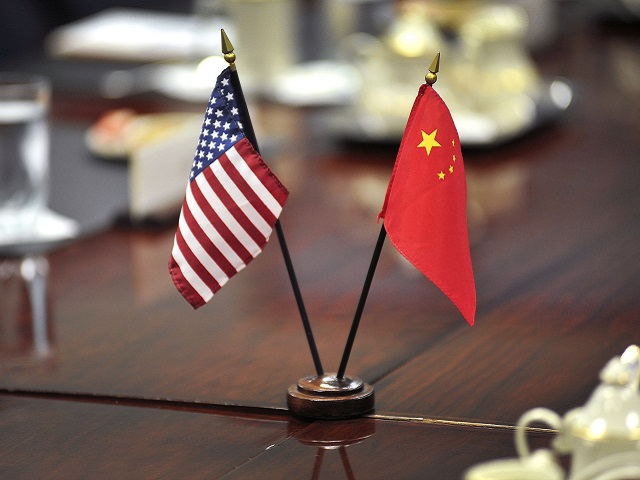American Businesses Affected By U.S. China Trade War
(WASHINGTON, DC) More than a year since tariffs have been imposed, three major themes dominated the US-China Business Council’s 19th annual member company survey. First, trade friction between the two countries is negatively impacting U.S. companies operating in China. Second, an unlevel playing field favoring domestic companies over foreign ones is making it increasingly difficult for U.S. companies to compete. Finally, while China continues to be a priority market for most of the companies surveyed, market optimism is moderating. All three of these trends are forcing companies to reevaluate company strategies and supply chains. American companies also remain concerned about recent developments in intellectual property rights (IPR), technology transfer, and data flow and cybersecurity policy. About one-quarter of respondents said they expected revenue from China to decline in the current year, a record high for this question. More than 80 percent of the surveyed companies said trade tensions had affected their China business operations this year. Craig Allen. President of the Council said that in the short term, the best hope is for trade negotiators to resume their work with a renewed sense of urgency to conclude an agreement that addresses the concerns of U.S. business, workers, and farmers—and creates a mechanism for long-term engagement on the challenging issues.















































